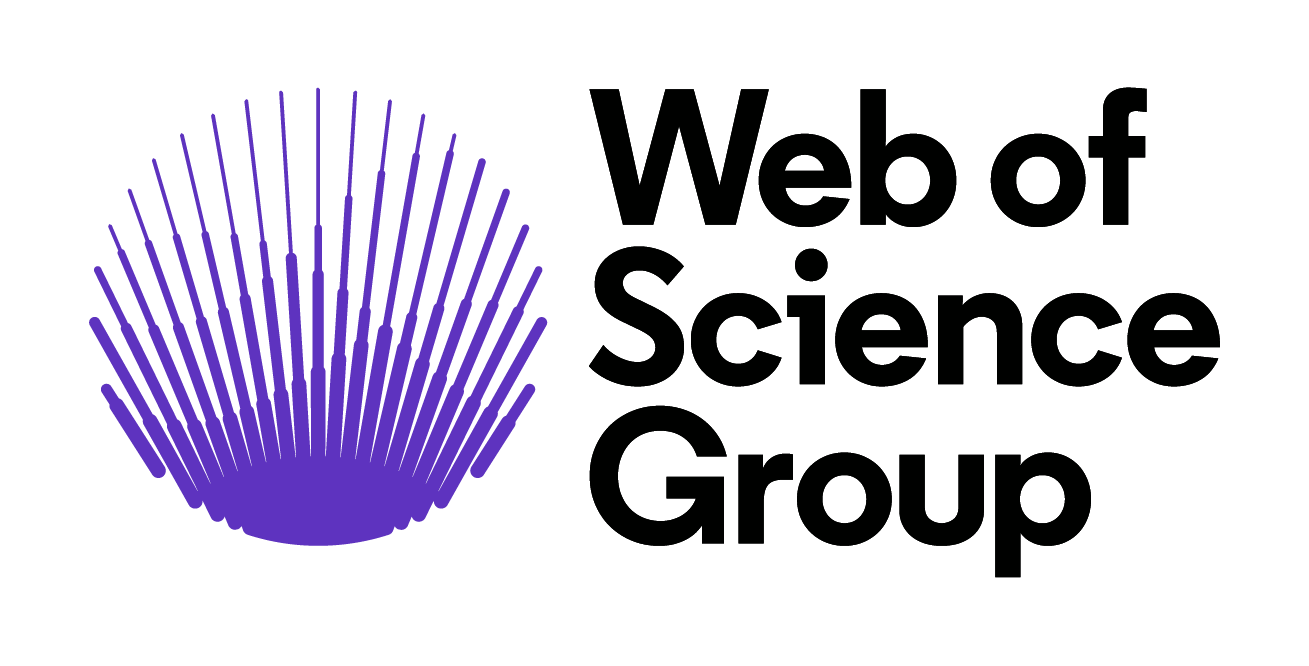ENGLISH FOR RELIGIOUS PURPOSES: AN INQUIRY-BASED PEDAGOGY FOR MUSLIM ESL LEARNERS
DOI:
https://doi.org/10.31436/shajarah.v0i0.573Keywords:
Islamic, English language teaching, inquiry-based methodAbstract
This study explored ways of integrating Islamic content into ELT
materials for the benefit of Muslim learners' language and faith.
After analysing the literature, a sample of ELT materials was
prepared to be used in conjunction with an inquiry-based pedagogy
known as ‘Community of Inquiry’ (CI). This combination was termed
‘English for Religious Purposes’ (ERP). ERP was then implemented
over a period of five weeks with a group of adult Muslim learners
studying ESL at a higher education institution in Kuala Lumpur.
Qualitative research methodology was employed to gauge learners’
responses to ERP. The findings indicated that not only did ERP
provide holistic practice in all four language skills in a meaningful
and realistic way, but it also contributed to learners’ religious
understanding and practice of Islam. This was attributed to the
engaging nature of the whole-class inquiry-discourse characterised
by CI. Moreover, the questions and issues introduced in ERP texts
stimulated students to express themselves and listen to the opinions
of others while encouraging them self-regulate by reflect upon
themselves and their own practices. Participants reported benefits
such as a desire to don the Muslim headscarf, performance of night
prayers and strengthening of their faith. ERP therefore shows
promise as a pedagogy for learners’ seeking to improve their English
language and for teachers who wish to deepen learners'
understanding and practice of Islam.



